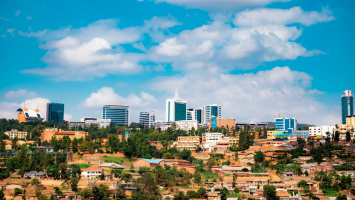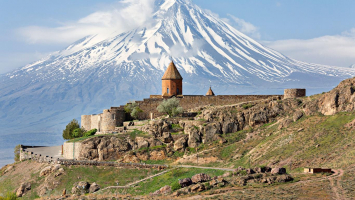Top 7 Austria Cultural Traits
Read up on Austrian etiquette and culture, as well as what to anticipate in the professional sector, whether you are relocating alone or with family. Of ... read more...course, depending on who you are, you might then be interested in learning more details on issues like Austrian women's rights, LGBT+ rights, and human and civil rights. However, this demographic and Austrian people guide contains the following details to help you better understand the nation:
-
Contrary to popular opinion, not all Austrians enjoy classical music and waltz around in Lederhosen. Nevertheless, Vienna in particular has an unrivaled classical music scene. However, Austrians are much more than just orchestras and opera.
Austrians are first and foremost known for their love of fine cuisine. The cooking methods of Italy, Hungary, and Bohemia have all had an influence on Austrian cuisine, which is, to put it mildly, eclectic. It's interesting to note that there are a lot of regional variances and dishes that are far lighter than you might have thought.
Austrian food is influenced by Central European cuisine and is frequently compared to Viennese cuisine (the cuisine of Vienna, the capital city of Austria). The first meal of the day, breakfast, is typically bread rolls with butter, jam, cold meats, and cheese. Coffee and tea are also available. Lunch was once considered the main meal of the day.
However, modern Austrians who spend their days in the office hardly ever have time for a lavish lunch. Nowadays, most people have their major meal in the evening. Austrian food staples include Marillenknödel (a dumpling loaded with apricots), Tafelspitz (beef simmered in soup and served with chives sauce, apple, and horseradish), and liptauer (spicy cheese on bread slice).
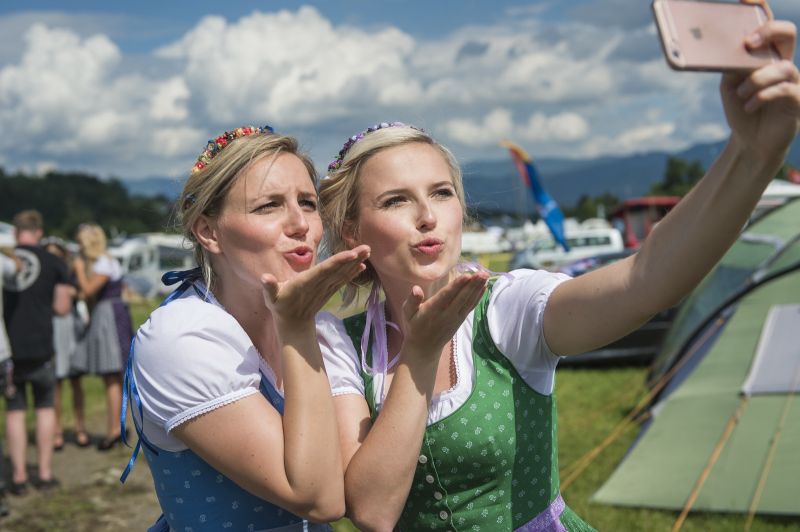
https://austrianwomen.com/ 
https://www.tripsavvy.com -
Another important fact to be aware of is that Austrians value fairness and timeliness. In fact, you will be reminded to arrive five minutes early for any meeting or social event by everything you read about Austrian etiquette.
Another thing to be aware of is the complexity of the Austrian sense of humor. Schmäh is a colloquial term used in Austria to characterize the kind of lighthearted yet biting speech that serves as the foundation of the nation's humor. Schmäh, which can be categorized as sarcastic humor flavored with sarcasm and light mocking, varies depending on the region. These kinds of jokes have their origins in servants making fun of their aristocratic employers.
It's interesting to note that foreigners in Austria frequently misjudge this kind of teasing as rude, yet most of the time it's all in good humor. In order to participate in the distinctive jesting of the Austrian people, try to put on your toughest skin and employ your own razor-sharp tongue.
https://www.lonelyplanet.com 
https://euroviajar.com/ -
You will be able to adjust to the subtleties of Austrian etiquette rather readily if you are even vaguely familiar with Germany. Austrians, for example, share some similarities with Germans in that they are courteous, formal, and somewhat reserved. Therefore, you can anticipate certain formality in social settings.
When you first meet someone and definitely in professional settings, you should shake their hand. Additionally, you ought to address people by their official titles, such as "Doktor" or "Herr" (Mr). First names are typically exclusively given to close friends, family members, and acquaintances.
The majority of Austrians live in an egalitarian culture that prioritizes dialogue and equality. Fairness permeates the national consciousness, and the political system actively promotes equality across all lines of distinction—often much more so than its European equivalents.
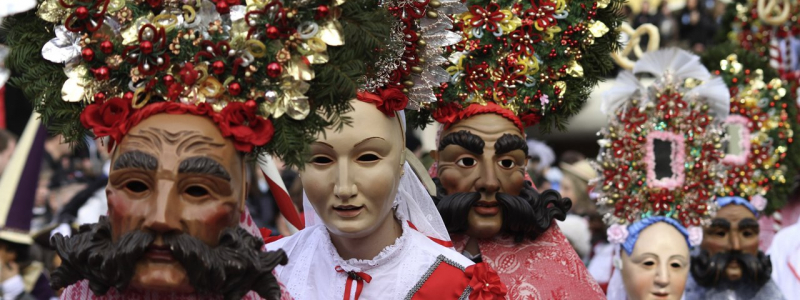
https://www.tyrol.com/ 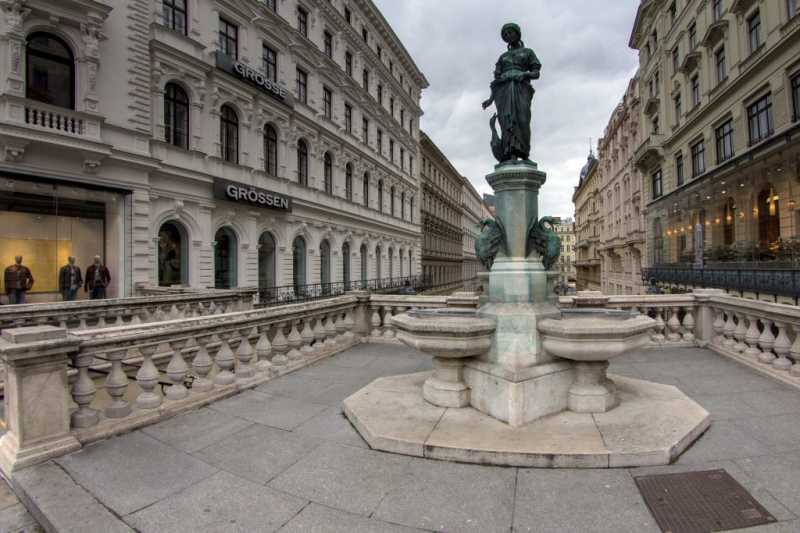
https://easterneuropeantravel.com -
In Austria, being well-dressed is a national pastime, and people there generally take presentation seriously. They will therefore maintain their immaculate appearance even when wearing casual clothing. In Austria, modest attire is preferred and showy attire is less popular.
For attending the theater or a performance in Austria, formal attire is still required. People frequently dress up to go shopping and engage in open conversation. In contrast, the majority of restaurants have a semiformal dress code. In conclusion, Austrians place a high value on maintaining a neat appearance and taking pride in themselves.
Men wear Lederhosen (leather pants with braces), while ladies wear the Dirndl, a ruffled apron dress with a top and bodice, as part of Austria's national attire, or Tracht. These traditional garments are worn frequently as uniforms throughout Austria by shop clerks and restaurant employees. After all, throughout the nation, the Tracht is a proud representation of national identity.
Notably, Austria's ban on Muslim head coverings has just been extended. Students in kindergarten and elementary school were first subject to the restriction. However, the proposed modification now takes into account girls who are younger than 14 and attend public schools.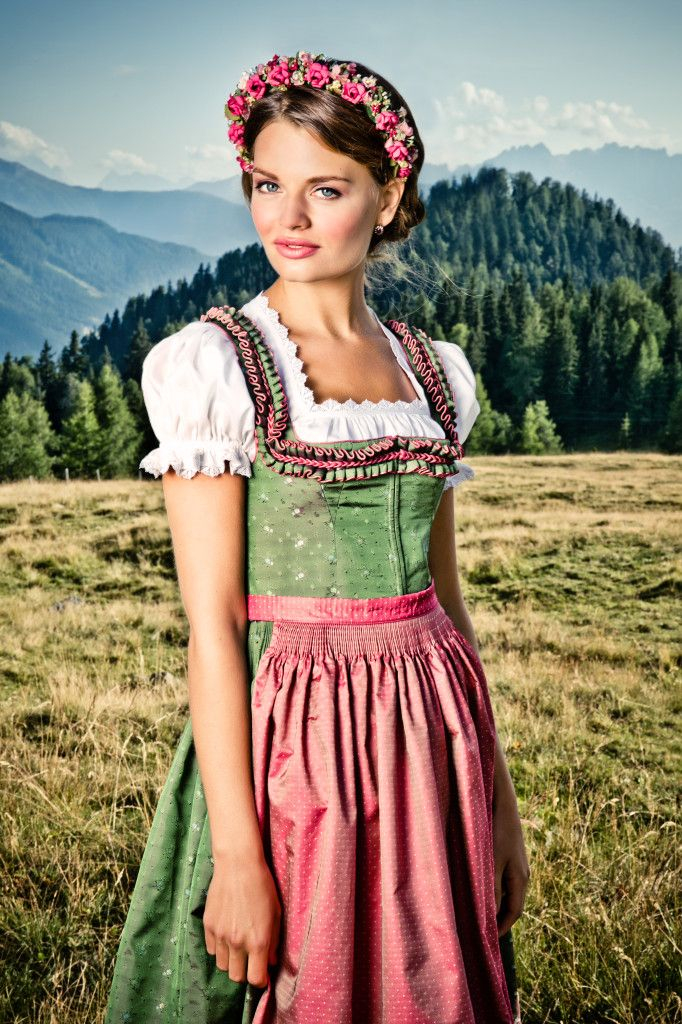
https://www.pinterest.com/ 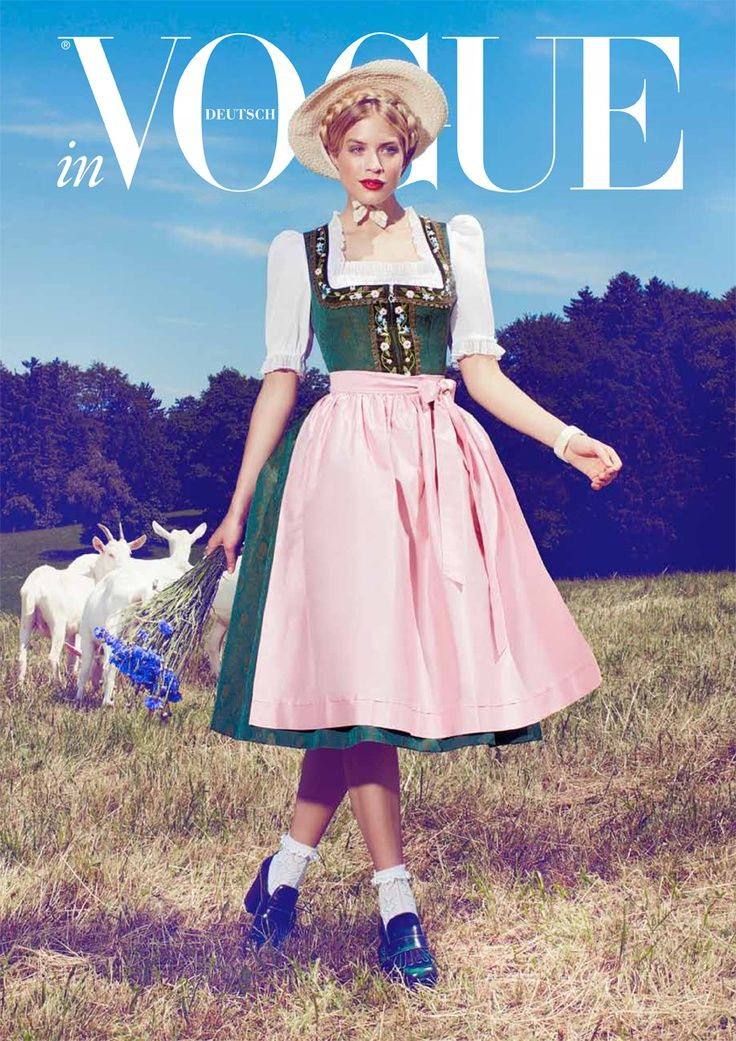
https://www.pinterest.com/ -
Gemütlichkeit, which refers to a feeling or a state of friendliness, warmth, and happiness, is a common attitude among Austrians. Austrians' tendency toward warmth is demonstrated by the way they interact with one another. For instance, Austrians frequently love conversing with others and learning new things. It is typical for residents to belong to a neighborhood association known as "Vereine."
Public gatherings for socializing are also typical. Most people will converse with one another outside or at cafes. For people who reside in rural areas, Sunday is seen as a day to spend time with family. In tiny rural communities, men and occasionally their spouses will gather in a "Gasthaus" or "Heuriger" for conversation and a drink. Beyond just consuming alcohol, gathering at restaurants, coffee shops, and gasthäuser offers an atmosphere where companionship can grow.
Families are valued beyond anything else in Austria. As a result, sharing meals as a family and spending weekends doing family-related things like hiking or visiting relatives are the norm. Austrians are ardent conservationists who make a strong effort to preserve their natural surroundings.
Austrians typically appreciate artistic skills like music and craftsmanship and value real conversation over superficial small talk. They have a tendency to be conservative by nature and favor moderation in behavior. Having said that, Austria places a high priority on friendliness and good neighborliness.

https://www.pinterest.com/ 
https://www.clifbar.com/ -
Austria has a long history of embracing immigrants, both those who choose to settle there and those who must flee elsewhere for their safety. In reality, accepting refugees from different religions has never been a concern. For instance, Orthodox Serbs and Croatian Catholics were welcomed alongside Muslim refugees from the former Yugoslavia. But by the end of 2015, close to 100,000 people had requested refuge. Austria had to stop accepting asylum applicants in 2016 as a result.
Unfortunately, recent incidents of migrant criminality have caused attitudes to change across the country. For instance, there were 1,920 racist acts in Austria in 2018, a significant increase from the 162 instances in 2017.
As a result, the current governing alliance in Austria is very anti-immigration. The Republican leader, for instance, wants to strengthen the scrutiny of asylum seekers. He also wants to lower the bar for deportation-related conditions. His message includes a desire to stop "political Islam" from spreading throughout Austria.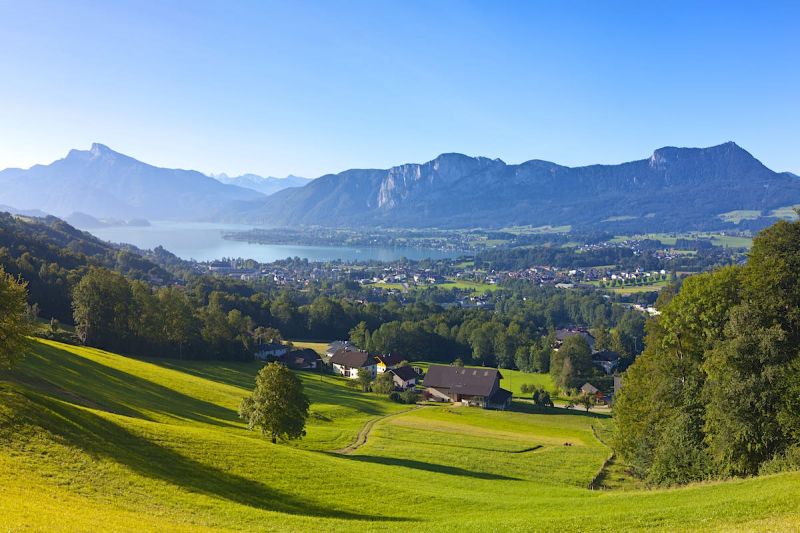
http://www.worldatlas.com 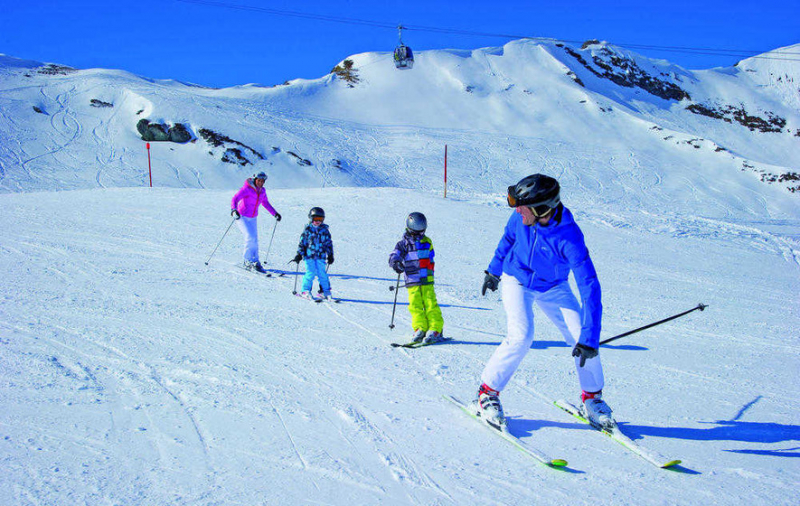
https://www.irishnews.com/ -
The three most popular sports in Austria are ice hockey, skiing, and football. The country's alpine setting makes it a winter sports enthusiast's dream. Numerous international tournaments in winter sports have been held in the nation. Additionally, it has a record of success in the Alpine Skiing World Cup.
One of the top teams in the world in ice hockey is Austria. Some of the illustrious football competitions hosted in the nation are the Austrian Championship and the Austrian Cup. Austria's national football team has qualified for a number of FIFA World Cups. In Austria, chess and horseback riding are other widely played games.
In Austria, the right to freedom of religion and worship is protected. Austrians make up almost three-fourths of the population. Many Austrians embrace "baptismal certificate Catholicism," which refers to being baptized Catholic and adhering to religious rituals but not holding fundamental Catholic doctrines. Protestantism is another significant faith in Austria, and many foreign employees are Muslim or Serbian Orthodox. There is also a tiny Jewish community in Vienna, made up primarily of immigrants from after World War II and their families, despite the fact that Jews have been present in the city since the ninth century. The bulk of religious practitioners are Catholic priests, Islamic professors and mosque administrators, Protestant ministers, and Jewish rabbis.
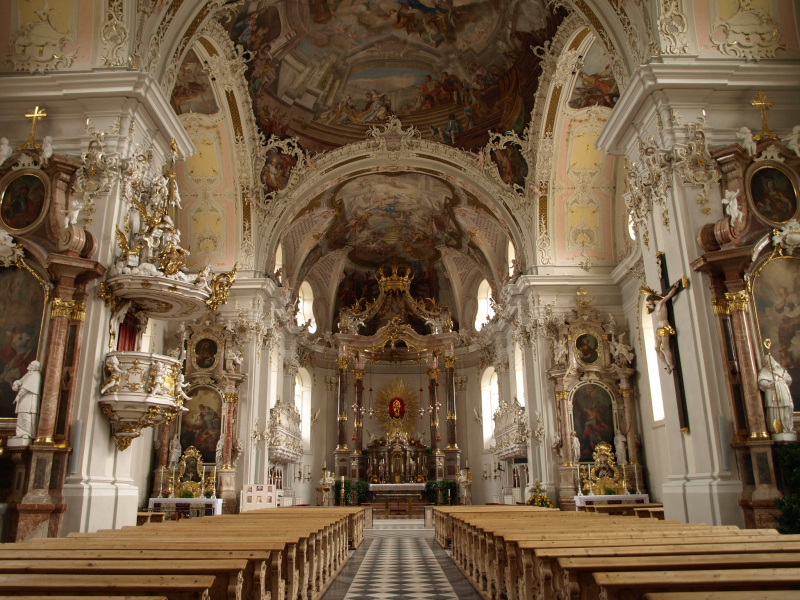
http://www.thousandwonders.net 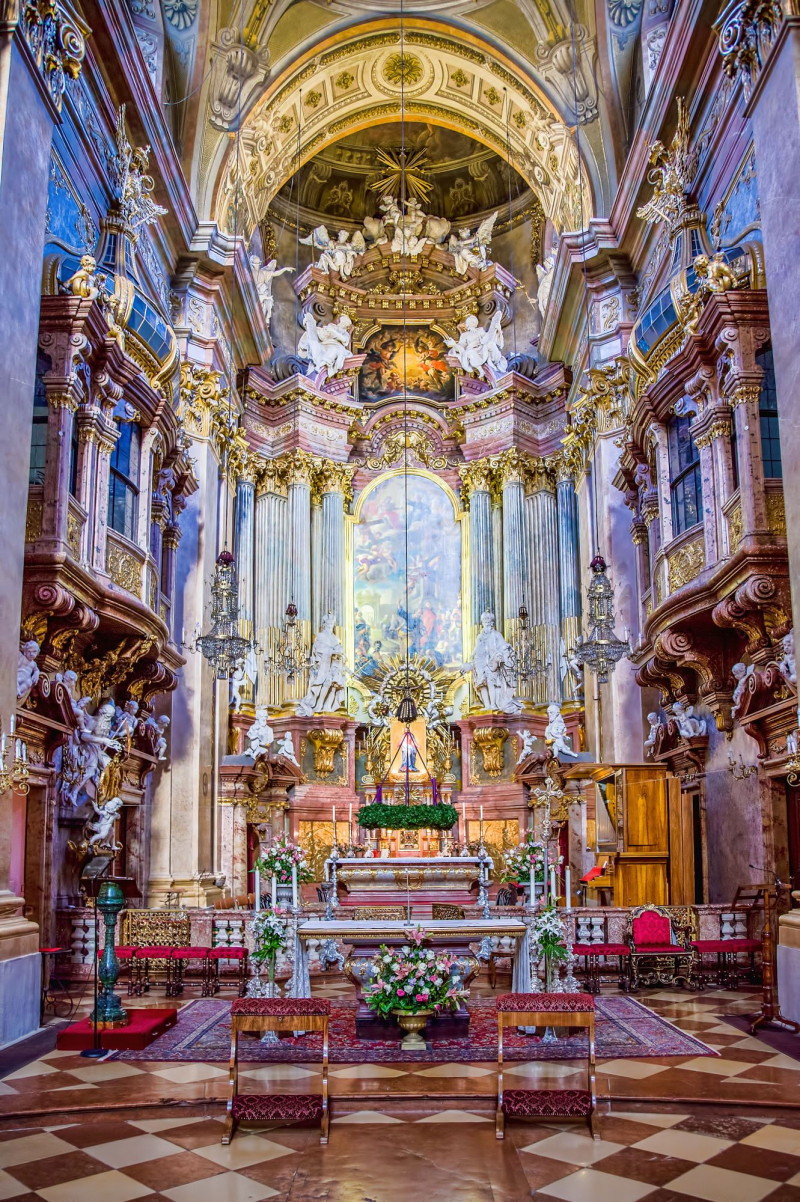
https://www.pinterest.com/










